2011 – Expedition 26 ISS crew land in Kazakhstan.
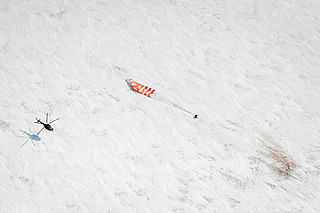
2005 – Cassini spacecraft discovers Enceladus atmosphere.
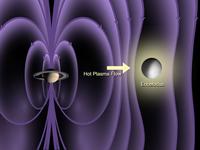
1999 – Lunar Prospector Team atNASA Ames Research Center announce findings that confirm the Moon‘s mass to be mostly material ejected from the earth at at time when a Mars sized object impacted our planet. “This impact occurred after the Earth’s iron core had formed, ejecting rocky, iron-poor material from the outer shell into orbit,” Binder explained. “It was this material that collected to form the Moon.” Dr. Alan Binder of the Lunar Research Institute, Tucson, AZ, principal investigator for Lunar Prospector.

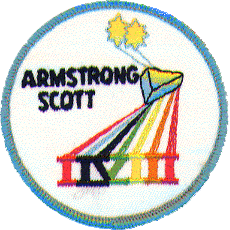
1966 – Launch of Gemini VIII – First docking (with Agena) of one space vehicle with another. Using the fertilized eggs of a bullfrog the life science payload studied the effects of microgravity on development in a gravity-oriented biological system. A stuck thruster on the spacecraft necessitated an emergency return to Earth a little more than 10 hours after launch. First Pacific landing. Commander Neil Armstrong, Pilot David Scott

1926 – The rocket launched by physicist Robert H. Goddard is the first liquid-fuel rocket; it demonstrates the practicality of rockets and convinces Goddard that rockets will one day land men on the moon. Goddard sends his device on a 2.5-second flight from a field on his Aunt Effie’s farm near Auburn, Mass. It travels 184 feet at a speed of only 60 miles per hour and reaches a height of only 41 feet, but Goddard writes in his diary, “It looked
almost magical as it rose, without any appreciably greater noise or flame.” He continued his research, and beginning in 1930 gets financial support from copper heir Harry Guggenheim.
Birthdays
1959 – Michael John Bloomfield NASA Group 15 (1994) Time in space 32d 11h 2m STS-86, STS-97, STS-110 He first flew as a pilot aboard STS-86 in 1997, where he docked with the space station Mir. Bloomfield also piloted STS-97 in 2000 and commanded STS-110 in 2002, both missions to the International Space Station.
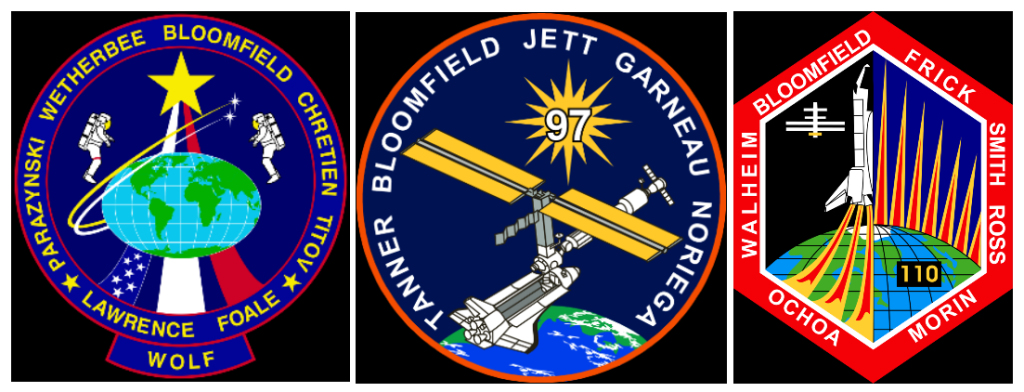
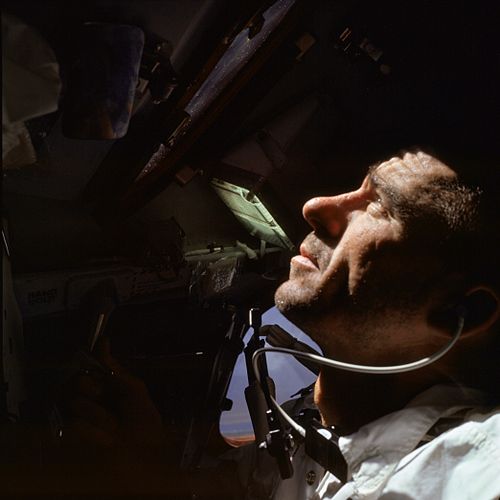
1932 – Ronnie Walter Cunningham NASA Group 3 (1963) Apollo 7 Time in Space 10 days, 20 hours, 8 minutes.
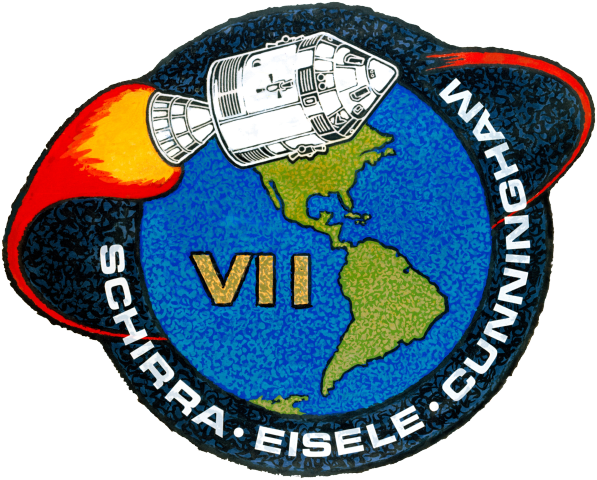
1927 – Vladimir Mikhailovich Komarov Tragically, a parachute failure caused his Soyuz 1 capsule to impact the ground on 24 April 1967, making him the first human to die in a space flight, hitting the Earth at terminal velocity.
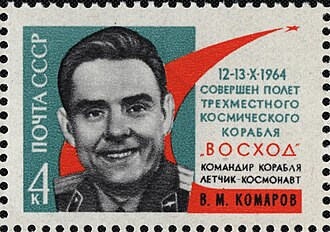
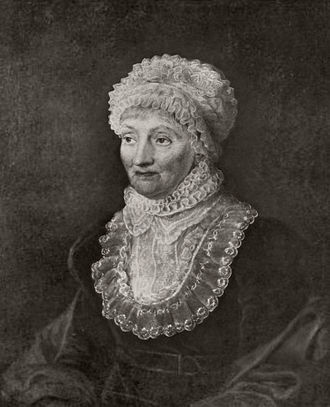
 1750 – Caroline Lucretia Herschel was a German British astronomer and the sister of astronomer Sir William Herschel with whom she worked throughout both of their careers. (d. 9 January 1848)
1750 – Caroline Lucretia Herschel was a German British astronomer and the sister of astronomer Sir William Herschel with whom she worked throughout both of their careers. (d. 9 January 1848)